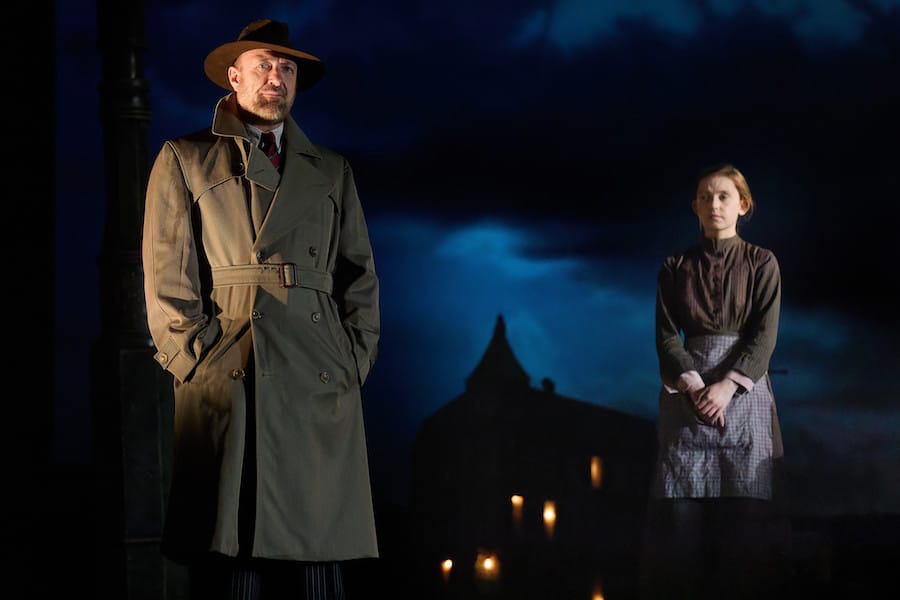Hedda Tesman review: Hedda remains a force to be reckoned with
- Written by Glenn Meads
- Last updated 5 years ago
- City of Salford, Culture, Theatre
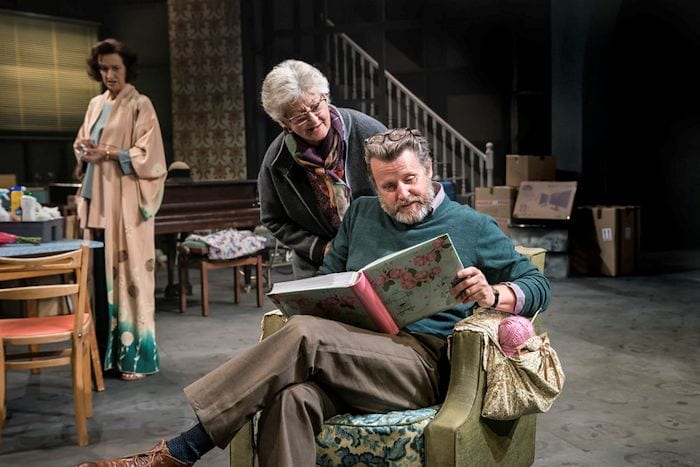
In this reworking of Henrik Ibsen’s Hedda Gabler, the heroine of the play is trapped in her marriage, 20 years on, with a daughter.
Taking her husband’s name Tesman implies that she has completely wasted her life, waiting for something to happen or for her life to transform.
Essentially, though, the themes of the play remain the same.
The Tesmans arrive back in the UK from America as they seek a fresh start. But pain, discomfort and boredom are etched all over Gwynne’s face. Hedda wants excitement, change and, most of all, power.
Her husband George (Anthony Calf) is devoted to her but this means treading on eggshells, not knowing what time she is going to rise, and second guessing her mood.
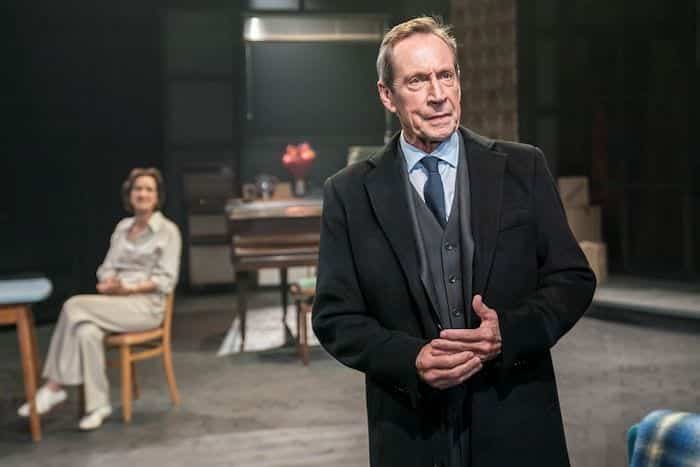
The first half of Holly Race Roughan’s production is like a simmering saucepan of milk. By the end of this act, it is on the boil.
Act two becomes much more bitter and has an aftertaste and at times the signposting makes things too obvious.
A pianist plays Ruth Chan’s beautiful music in the background and this often signals when Hedda is about to let rip, and sometimes the mood changes to resemble a horror film and feel too over the top.
Anna Fleischle’s excellent set design places the audience in the Tesman house, cleverly transforming the Quays theatre into the equivalent of a bear pit, and we watch with anticipation.
Hadyn Gwynne plays the complex lead character with real gusto. Hedda conveys more anguish and frustration, almost choking on some of her words, as if society has its hands around her throat. Haunted by the domineering image of her father, she fights back in the only way she knows how, through manipulation. She plays with family members as if they are chess pieces, pitting them against each other like a puppet master.
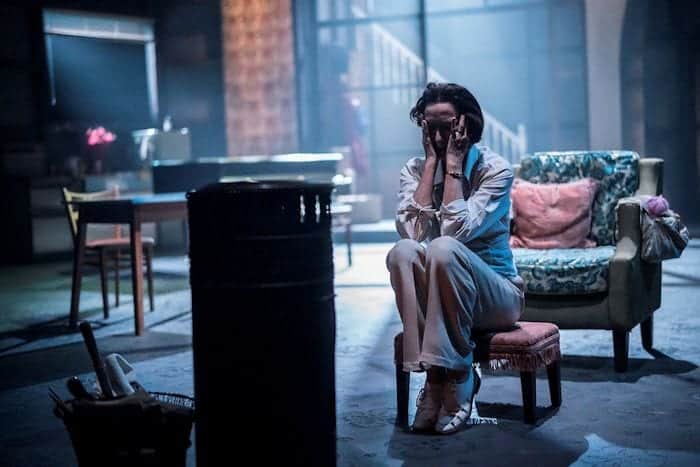
The cast are all excellent, from the arrival of housekeeper Bertha, played with a real sense of honesty by Rebecca Oldfield, who watches this family at war from the wings.
Anthony Calf almost tip toes around the stage, as if walking through a minefield, and his wife is the unexploded bomb.
Jaqueline Clarke brings light and empathy to the Tesman household as the kind-hearted Aunt Julie. And new addition Thea (played by Natalie Simpson) is haunted by a lack of love from her mother and the irony is that mum needs her right now.
Jonathan Hyde’s Brack is the all-seeing eyes and ears of the household. He is a family friend who knows Hedda inside out, the equivalent of an Agatha Christie inspector, waiting for the big reveal.
Sadly, George’s academic protégé Elijah feels a tad underwritten leaving Irfan Shamji with little to work with.
Cordelia Lynn does a good job of updating this classic text, whilst retaining the main ingredients.
There are times when updating this text jars because part of Hedda’s frustration comes from the fact that she is a woman ahead of her time. Putting her in a modern setting undoes some of this.
But where the production does truly work is portraying her as a tortured soul. Like Shirley Valentine, she speaks sense when the house is empty.
But with Haydn Gwynne front and centre and dominating every single scene, with her confident and assured performance, Hedda Tesman remains a dominant force to be reckoned with.
Hedda Tesman is at The Lowry until 19th October.
- This article was last updated 5 years ago.
- It was first published on 8 October 2019 and is subject to be updated from time to time. Please refresh or return to see the latest version.
Did we miss something? Let us know: [email protected]
Want to be the first to receive all the latest news stories, what’s on and events from the heart of Manchester? Sign up here.
Manchester is a successful city, but many people suffer. I Love Manchester helps raise awareness and funds to help improve the lives and prospects of people across Greater Manchester – and we can’t do it without your help. So please support us with what you can so we can continue to spread the love. Thank you in advance!
An email you’ll love. Subscribe to our newsletter to get the latest news stories delivered direct to your inbox.
Got a story worth sharing?
What’s the story? We are all ears when it comes to positive news and inspiring stories. You can send story ideas to [email protected]
While we can’t guarantee to publish everything, we will always consider any enquiry or idea that promotes:
- Independent new openings
- Human interest
- Not-for-profit organisations
- Community Interest Companies (CiCs) and projects
- Charities and charitable initiatives
- Affordability and offers saving people over 20%
For anything else, don’t hesitate to get in touch with us about advertorials (from £350+VAT) and advertising opportunities: [email protected]
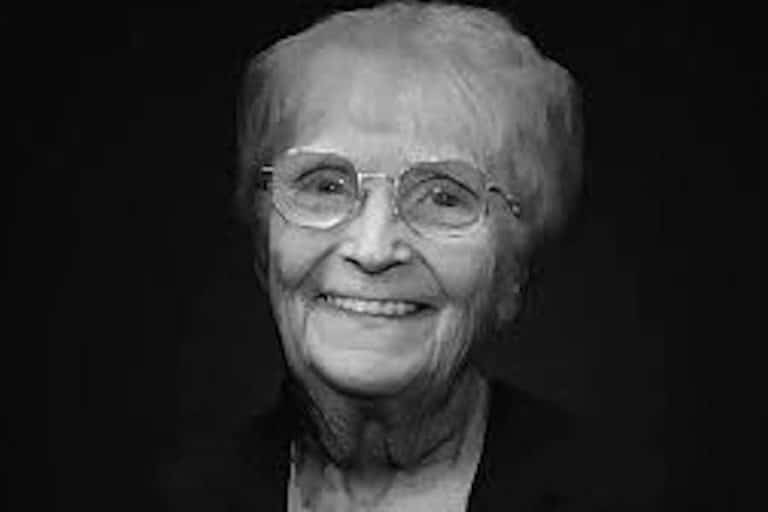

Didsbury Sports Ground needs your help to rise again after devastating floods

Discover a new way to socialise without alcohol this dry January

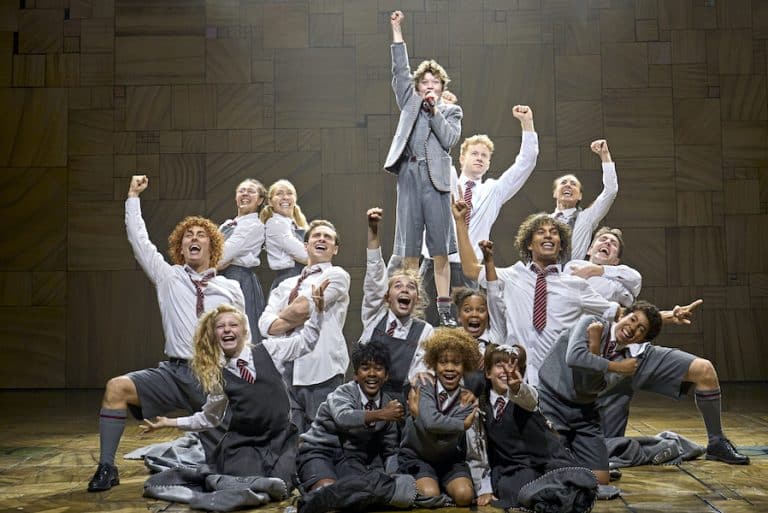
Do you know someone who could be the next star of Matilda The Musical?









